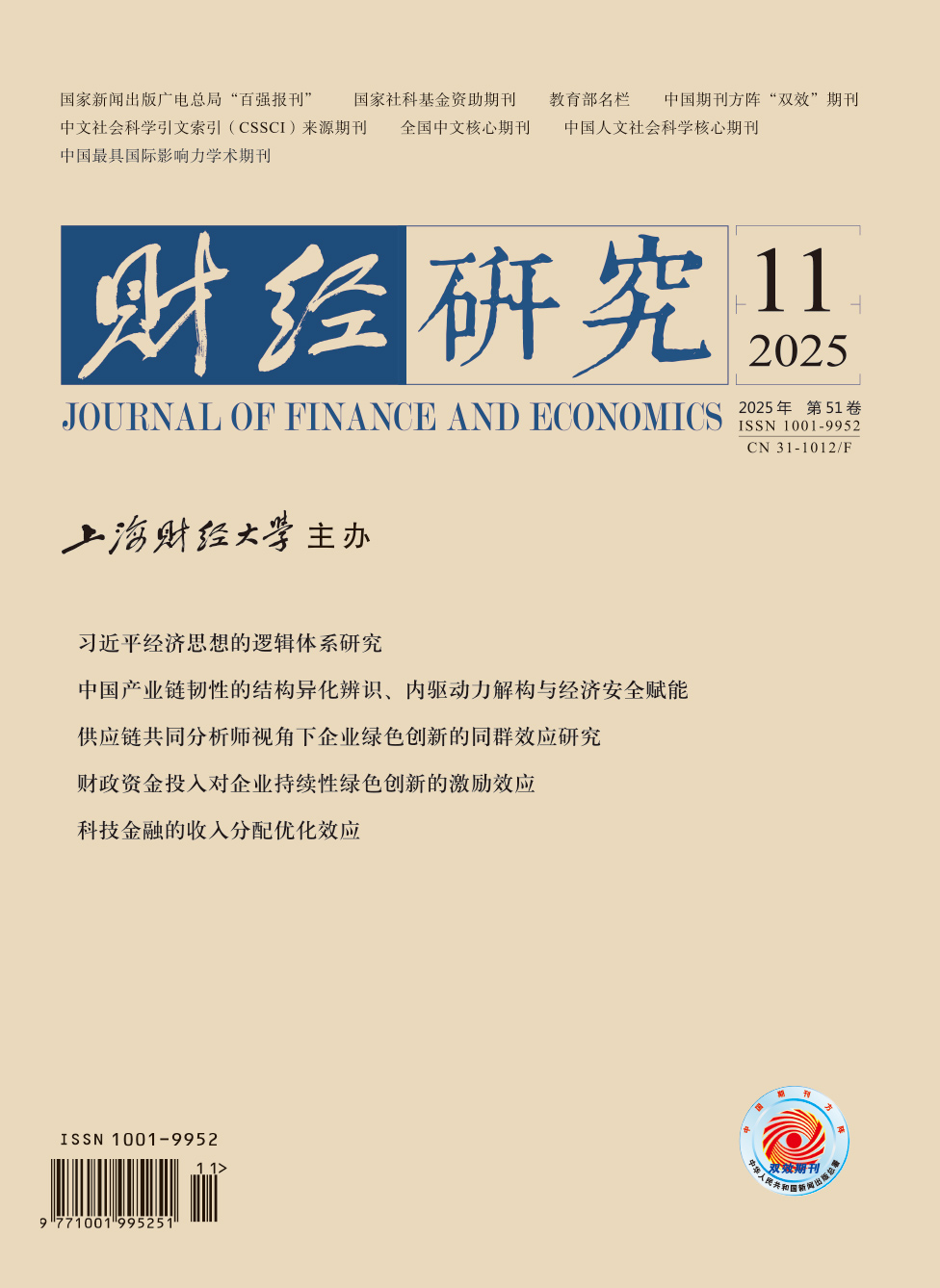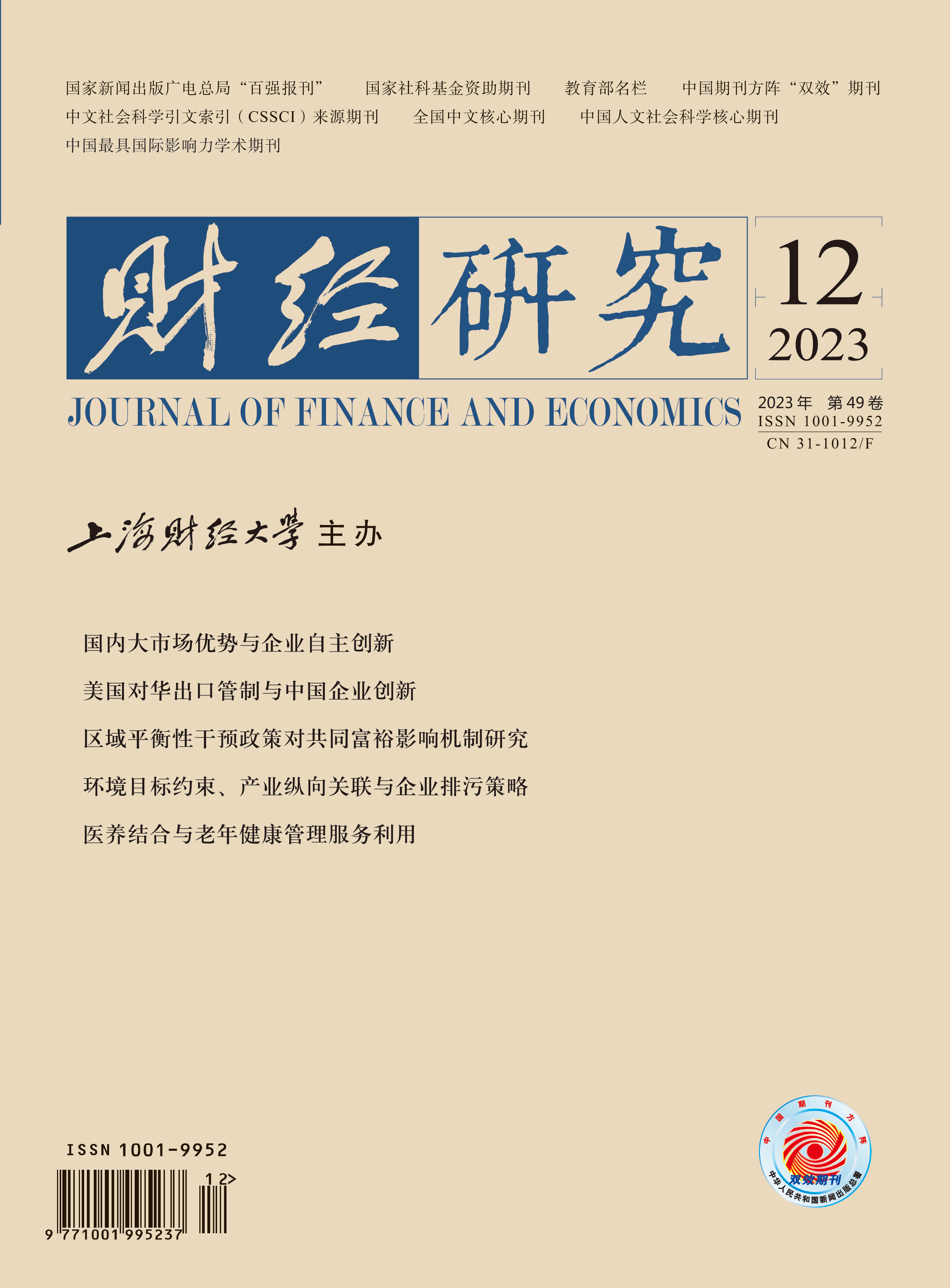Due to the restriction of the household registration system, the education rights of migrant children are not well protected. Since the central government issued the policy of “two priorities” in 2001, the compulsory education enrollment of migrant children in cities has been significantly improved. However, the restrictions on high–school and college entrance exams for migrant children have become increasingly prominent, and there is still a large number of migrant children who are unable to pursue further education in their destination cities upon completion of compulsory education. Because the college entrance exam policy for migrant children generally takes the high-school entrance exam policy for migrant children as a prerequisite, this paper attempts to analyze the impact of institutional restrictions on the household consumption of migrants in destination cities from the perspective of the high-school entrance exam policy for migrant children.
This paper collects the policy documents of the high-school entrance exam for migrant children in 72 cities with a population of more than one million in central urban districts from 2013 to 2018, constructs an index to measure the barriers to the high-school entrance exam for migrant children using the analytic hierarchy process, and attempts to evaluate the impact of the high-school entrance exam for migrant children on the household consumption of migrants in destination cities using the data of China Migrants Dynamic Survey from 2014 to 2017. The findings suggest that policy restrictions have a significant impact on reducing the household consumption of migrants in destination cities. This effect is particularly noteworthy among families with moderate educational attainment and those who possess urban hukou, have sons, and are migrants in megalopolis cities.
In terms of the underlying mechanism, this paper uses both the data of China Migrants Dynamic Survey from 2014 to 2017 and China Family Panel Studies from 2014 to 2018, and finds that the policy restrictions reduce the household consumption in destination cities mainly by lowering the education expectations of migrant families and increasing the probability of children being left behind. Little evidence supports that the policy changes migrants’ willingness to stay in cities.
The results of this paper suggest that institutional restrictions directly suppress the household consumption of migrants in destination cities. The structural benefits of the spatial distribution of labor resources have not been fully realized and, as a result, cities have forfeited the economic advantages that are typically generated by migrant labor. This paper indicates that removing the education restrictions on migrant children can not only protect their education rights, but also stimulate consumption and economic development in cities.





 5198
5198  4857
4857

